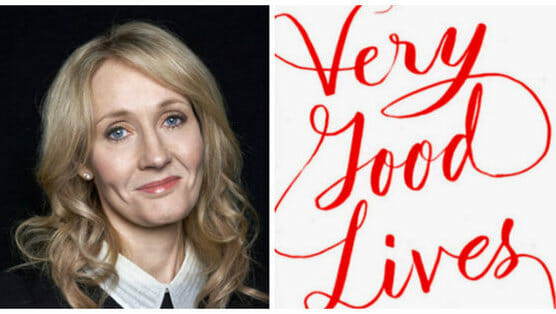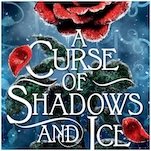Very Good Lives by J.K. Rowling
Author Photo by Dan Hallman
Who wouldn’t welcome some life advice from J.K. Rowling? The British author has struck gold twice—first with the bestselling Harry Potter series, then again with her Robert Galbraith moniker, under which she published an independently successful crime novel before she was outed as the true author. This was after years and years of hard times; as popular legend has it, Potter started on the back of a cafe napkin.
-

-

-

-

-

-

-

-

-

-

-

-

-

-

-

-

-

-

-

-

-

-

-

-

-

-

-

-

-

-

-

-

-

-

-

-

-

-

-

-









































